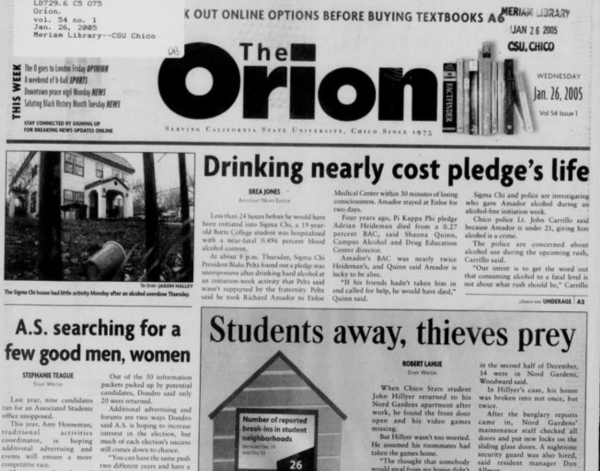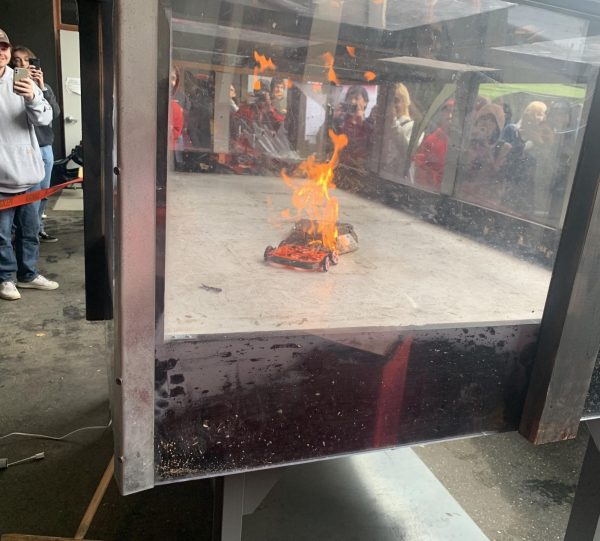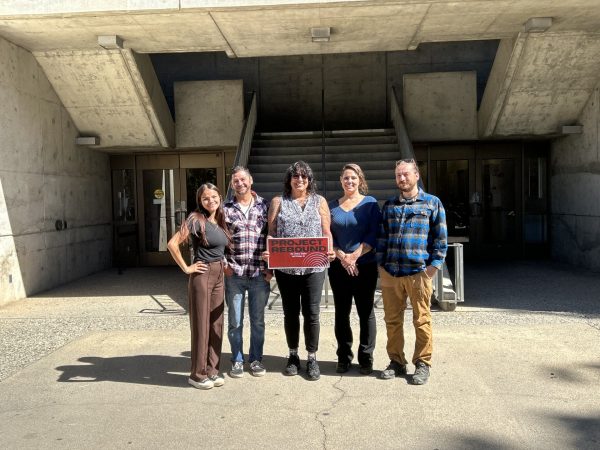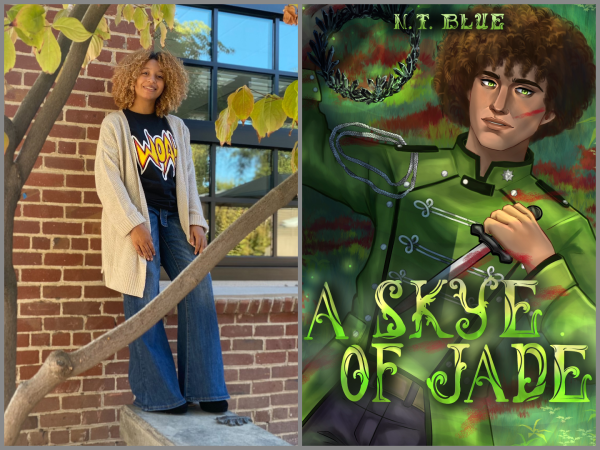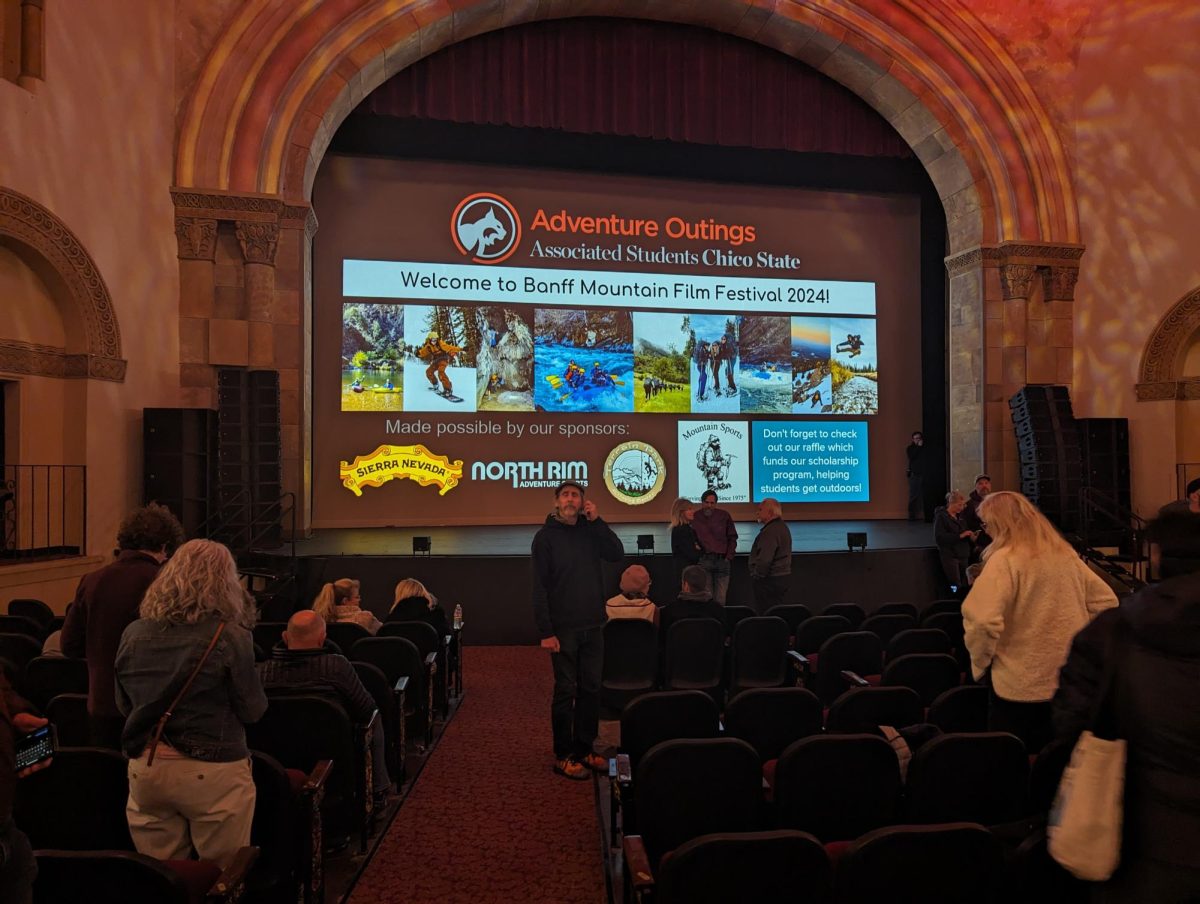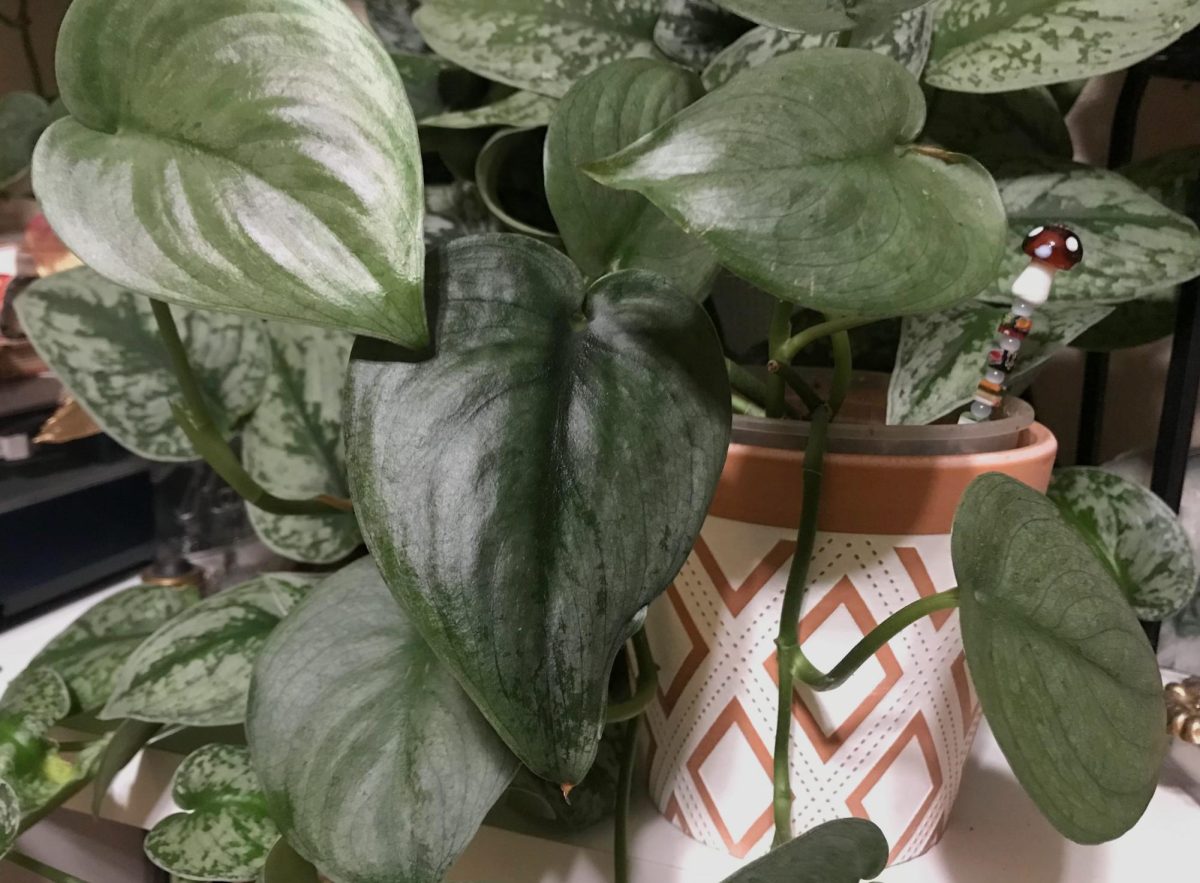Here, in the United States, we have a protected right to say essentially whatever we want within reason. But should we really speak without any regard?
In recent years, especially during and after the 2016 election, we have been in this kind of tug-of-war with what language is okay to use. This concept of being “politically correct” has been far spread in this political climate, and it’s almost as if you have to hold liberal beliefs to use respectful and inclusive language. Well, no matter where you land politically, everybody has a responsibility to monitor how they speak about people’s identities and lives.
When most of us think about offensive language, we think of large-scale offenses such as using racial slurs or slurs towards the LGBTQ+ community. I would like to hope that it is common sense to never use these terms, but, unfortunately, there will always be individuals who will use their power to incite violence with these words. But, there are also more discreet ways of using other insensitive languages without the use of such slurs.
A microaggression is a name for this act of using every day, verbal and nonverbal negative language or messages on the basis of somebody’s identity. These can affect any marginalized group on the basis of race, gender, sexual orientation, religion and disability.
The easiest way to describe why these seemingly small or harmless comments matter so much is from a video by Fusion Comedy. A microaggression is portrayed as a mosquito bite and the perpetrators as a mosquito. Everybody on the planet has probably been bitten by a mosquito at one time or another, so we know that one bite every once in a while won’t do serious damage. But getting multiple bites every day, for your whole life, would not only leave you in extreme discomfort, but would make life a lot harder than somebody who is not bitten nearly as often.
Aggressions towards marginalized communities on the basis of race and gender are, day by day, becoming more visible. Although, there is still tons of work to be done. However, there is little conversation circulating around other groups and how we use language around their experiences, such as mental illness and disabilities in general.
For example, how many times have you heard somebody refer to a reaction to a slightly upsetting situation as PTSD, or claiming they’re depressed because they failed a math test? These are phrases that I hear on the daily and I can’t imagine that it feels very good for somebody who does struggle with a mental illness to hear these terms and phrases being used in such a non-serious connotation. This goes the same as using words like “crazy” and “insane” to describe a person or situation. Words like these are incredibly harmful because they are used to describe people of all different types of mental illnesses, which places stigmas around those mental illnesses.
At the end of it all, we are never going to be perfect in our use of language, no matter how hard we try. Mess ups are inevitable when trying to use better language, but use those mistakes as a learning lesson for the future to do better.
Rayanne Painter can be reached at [email protected] or @rayphenomenon on Twitter.
